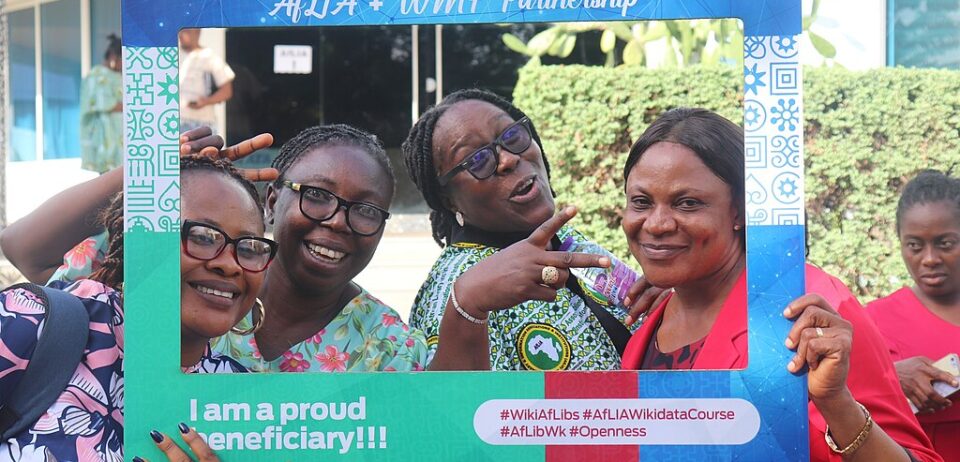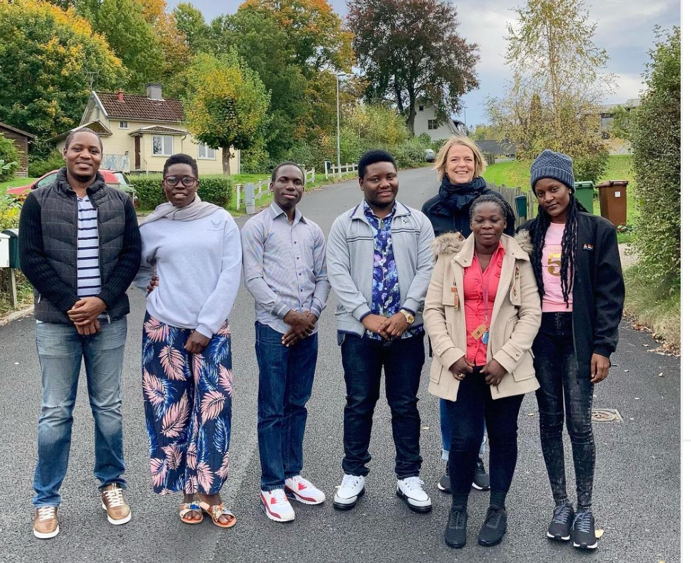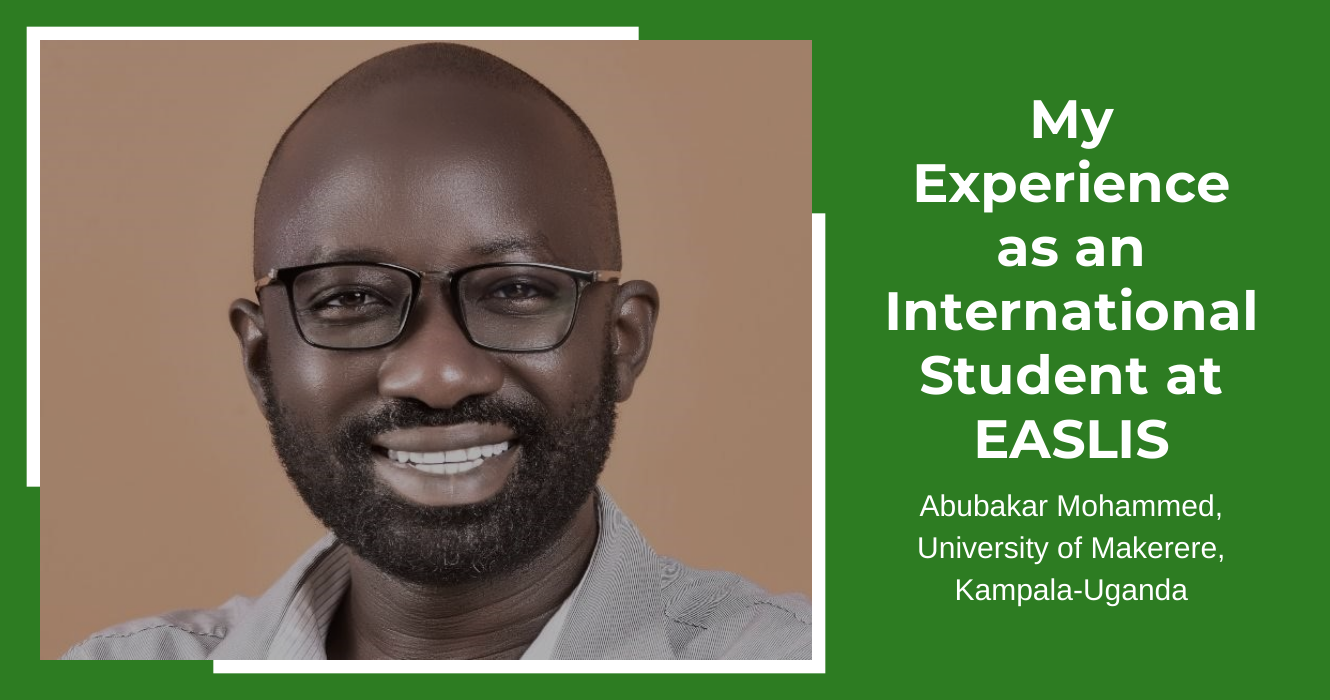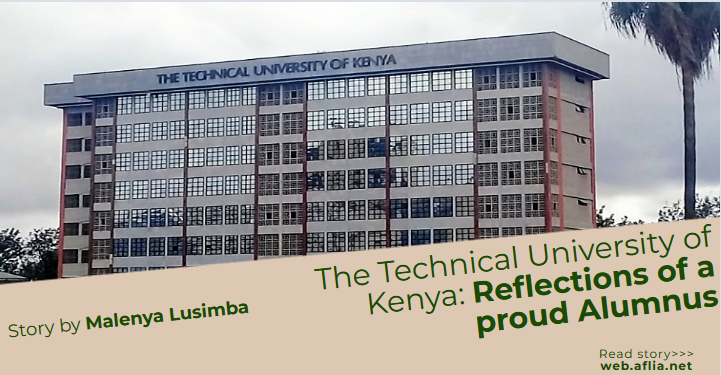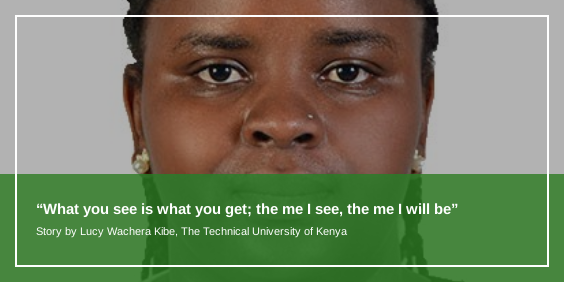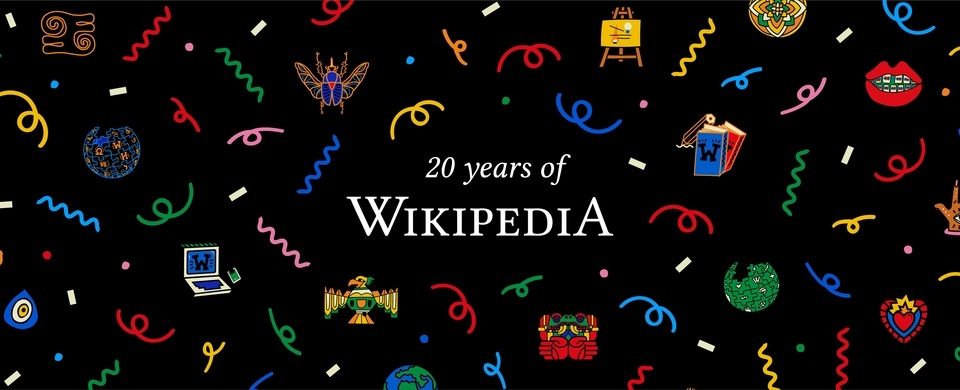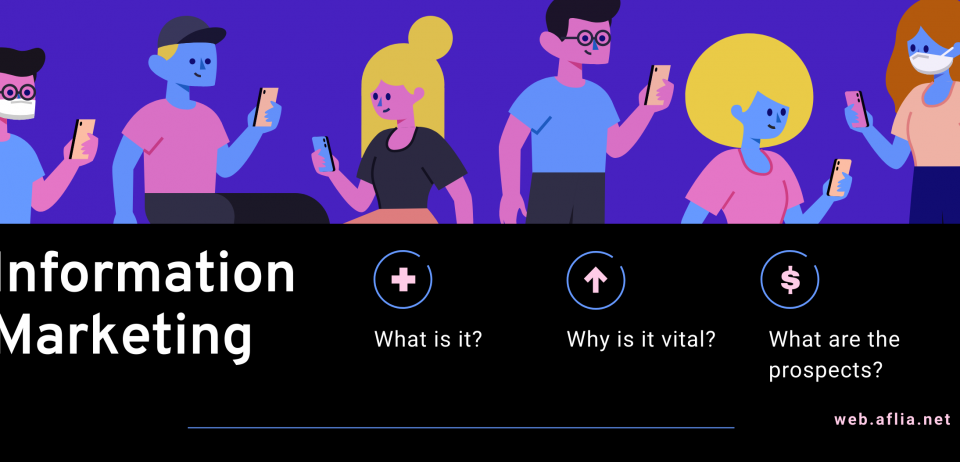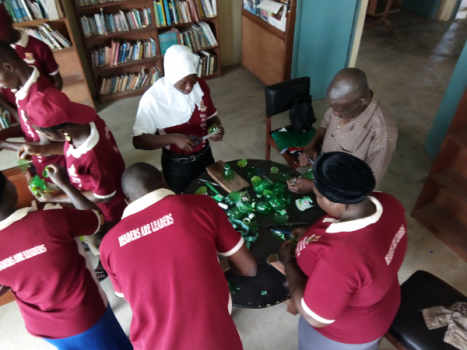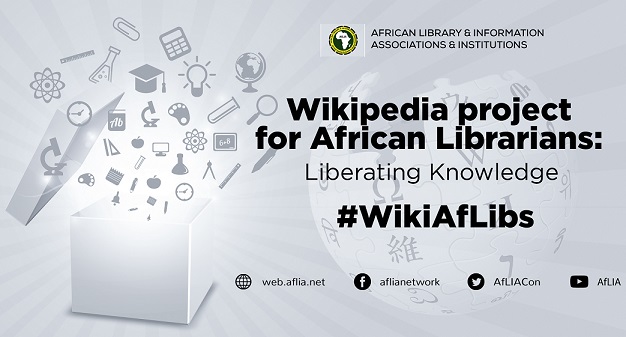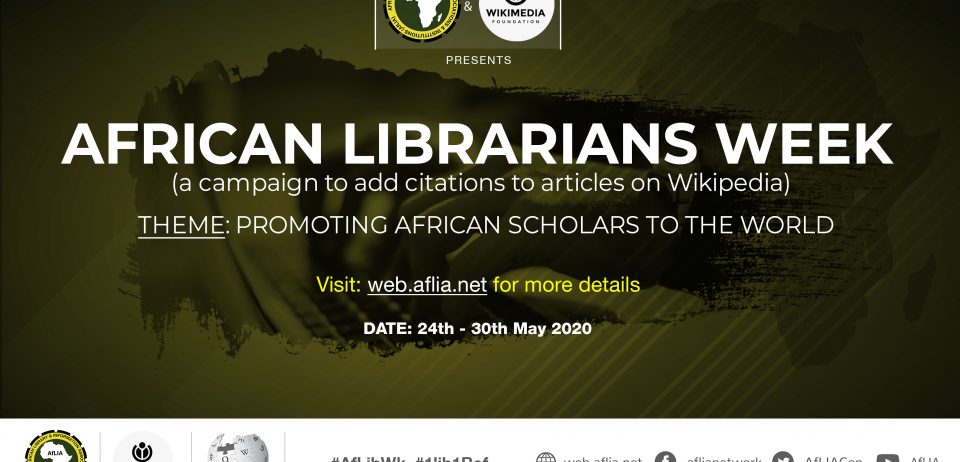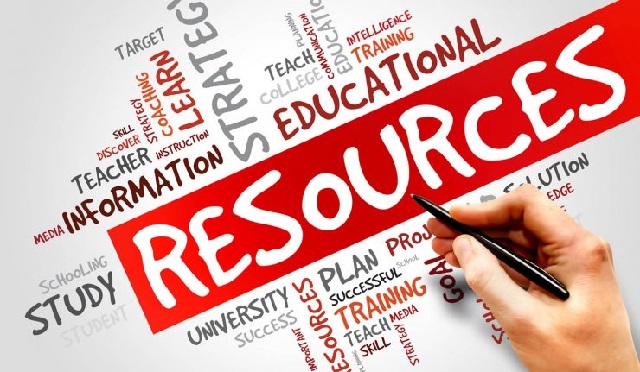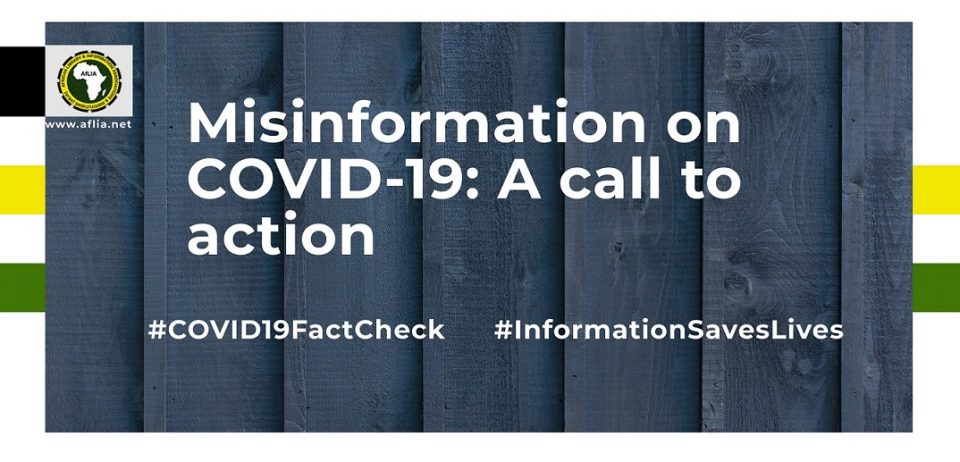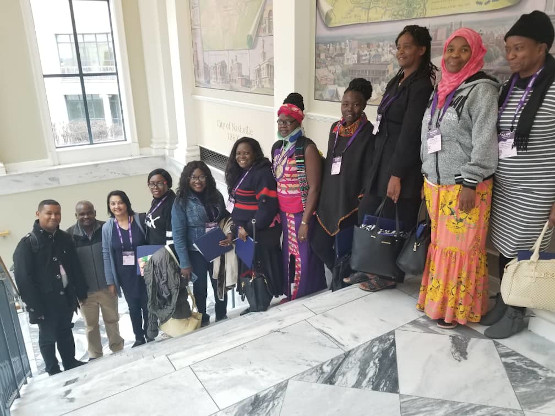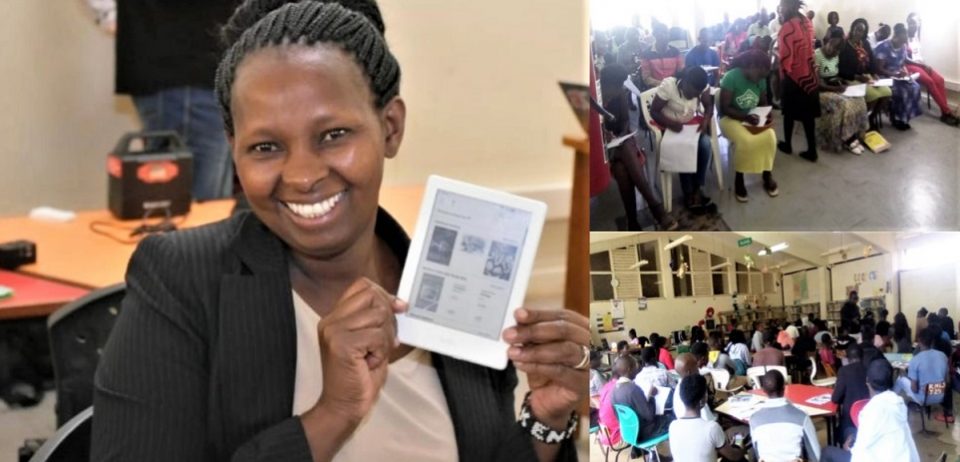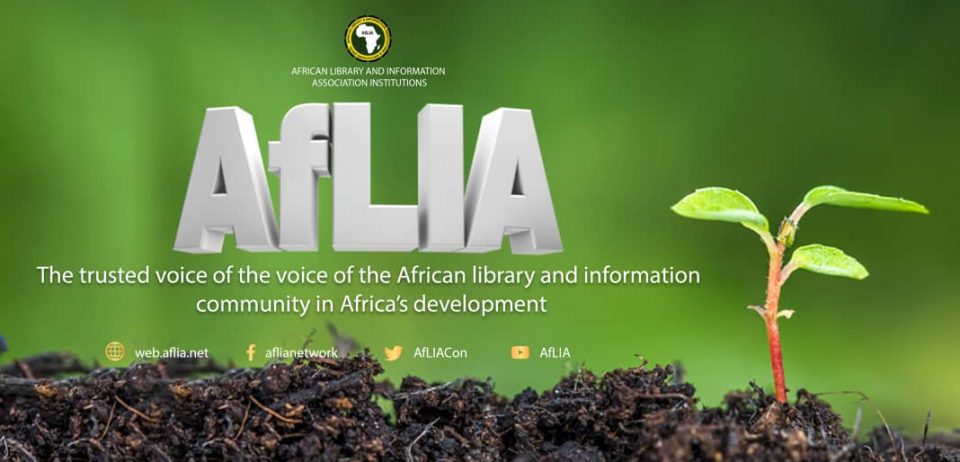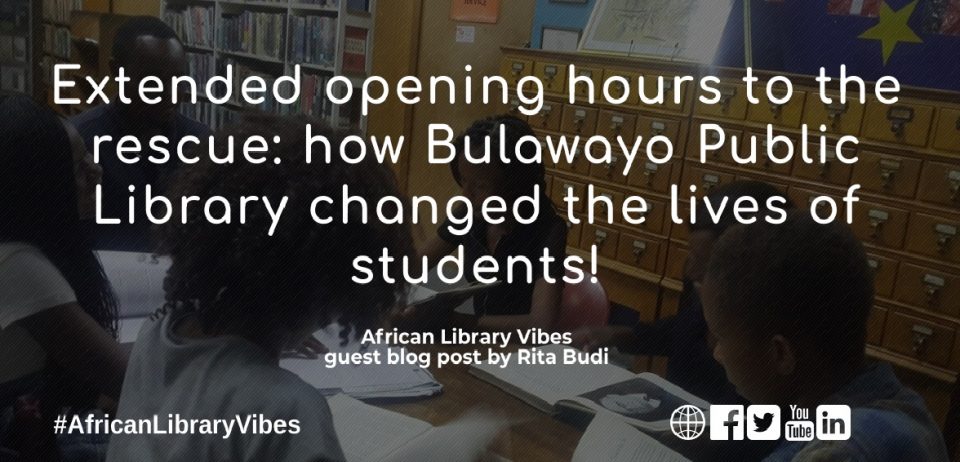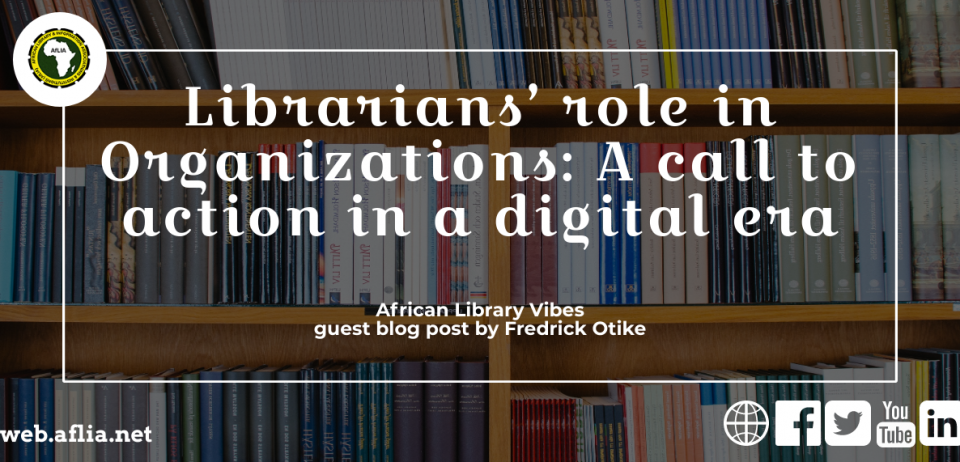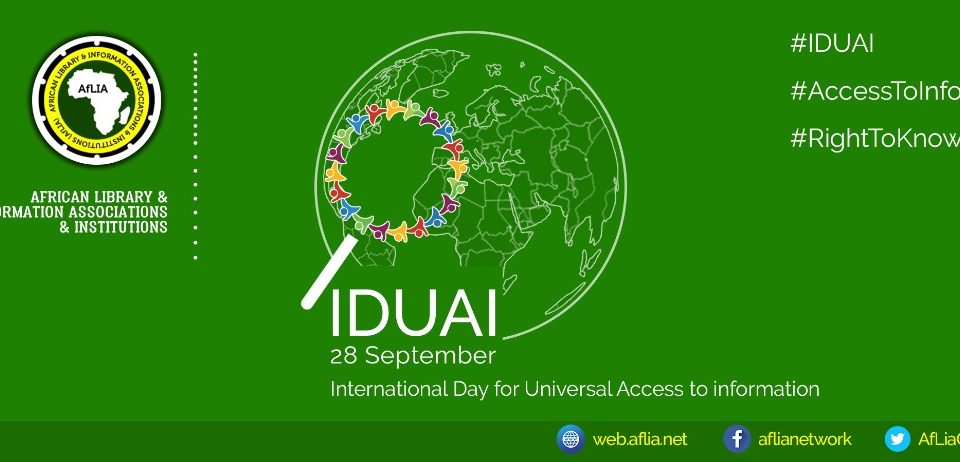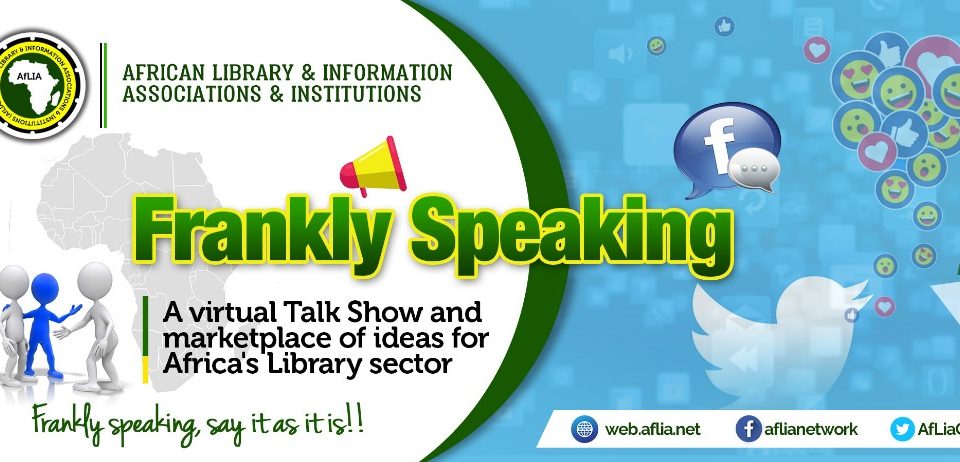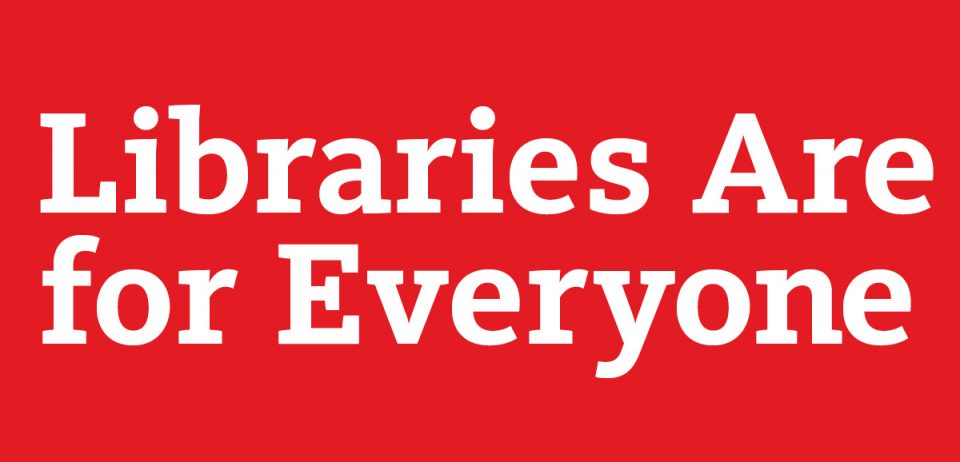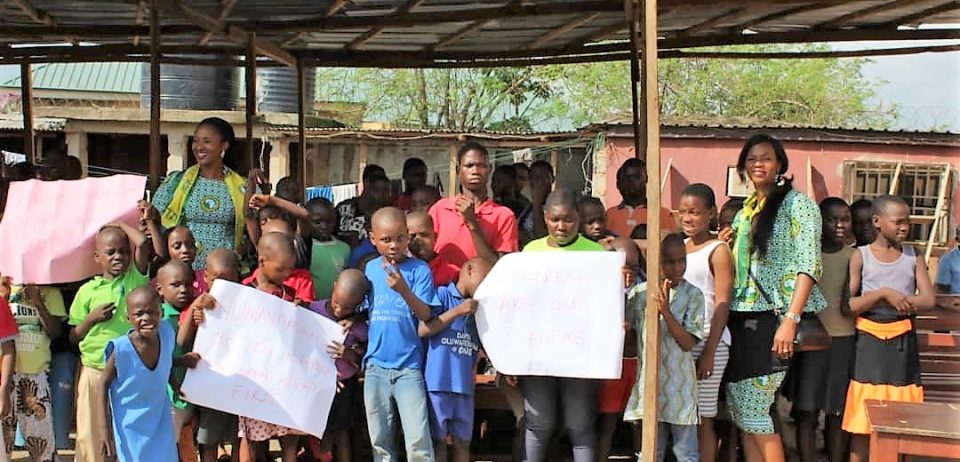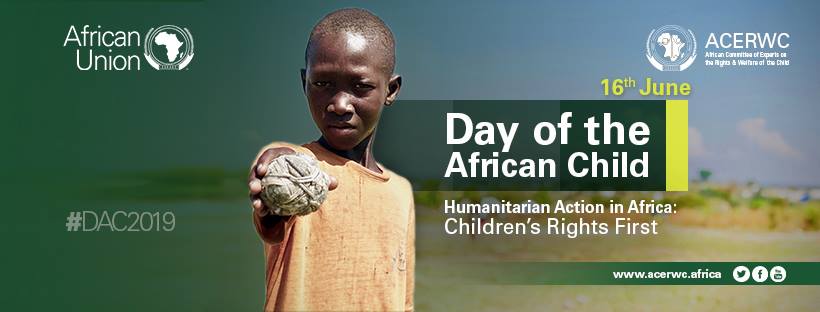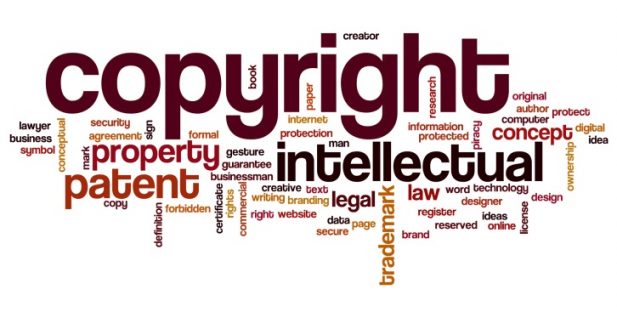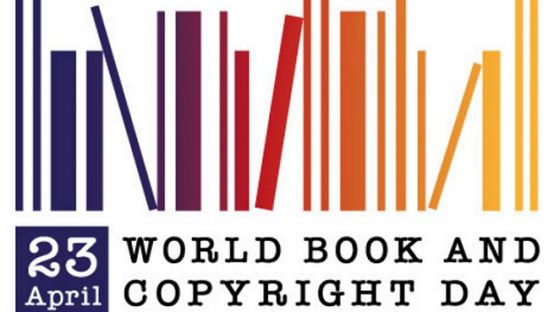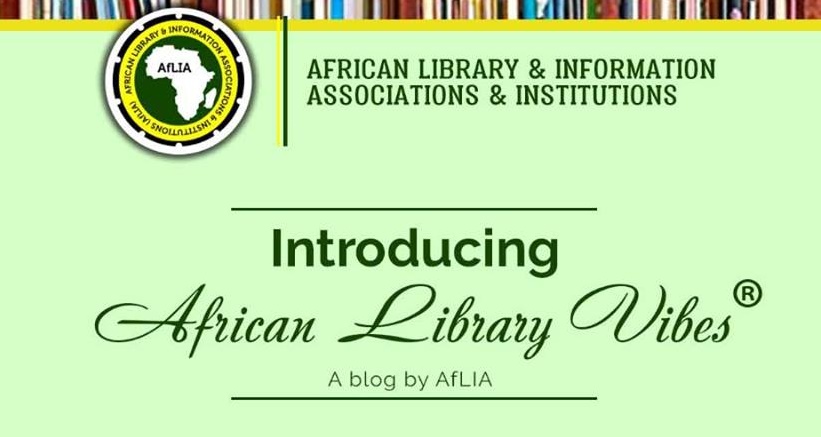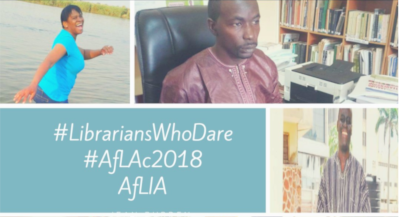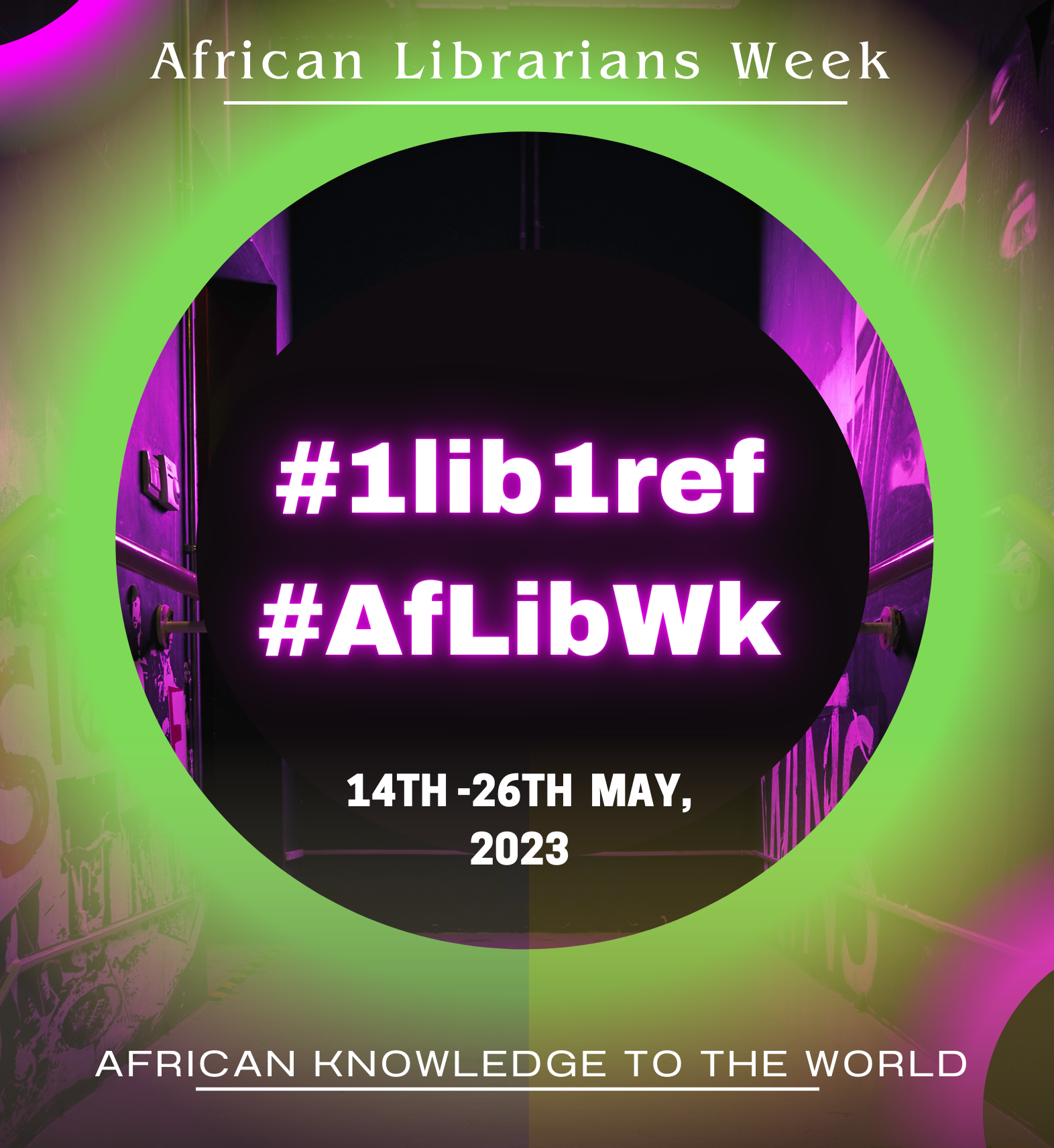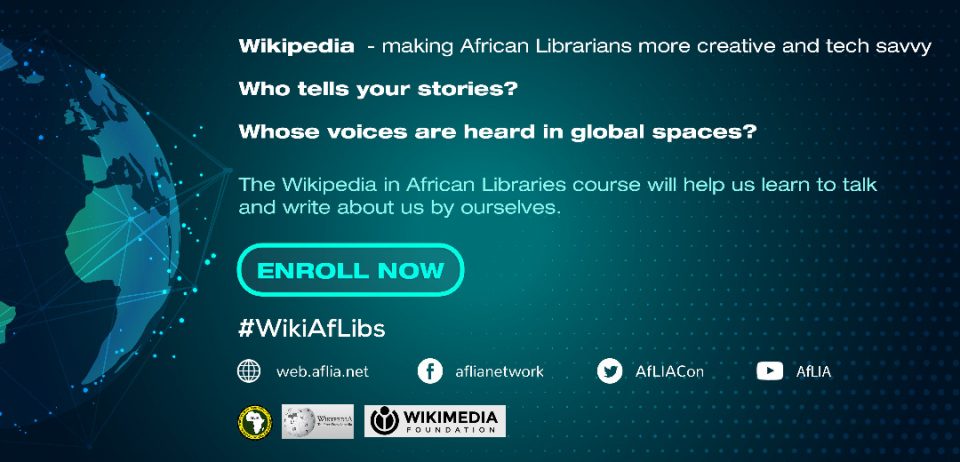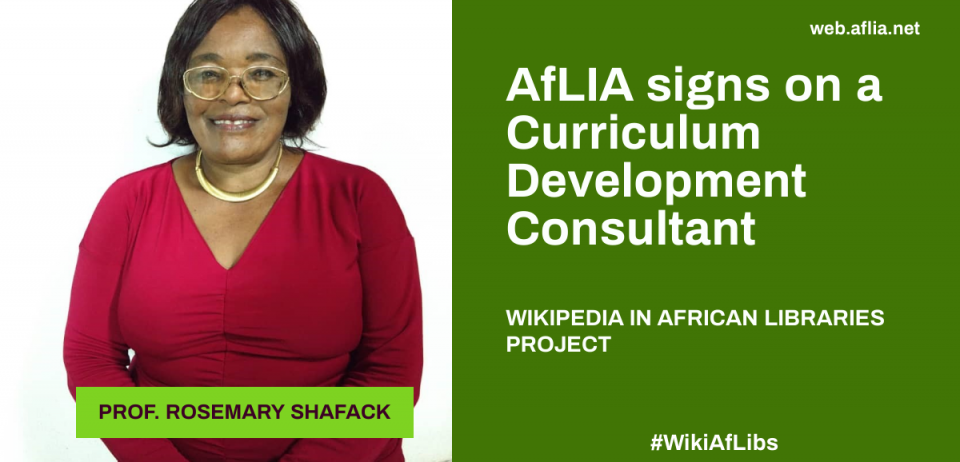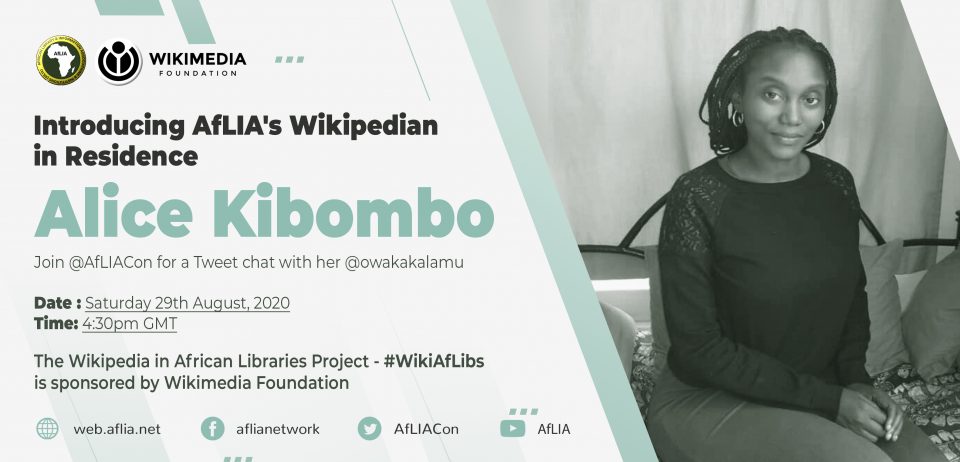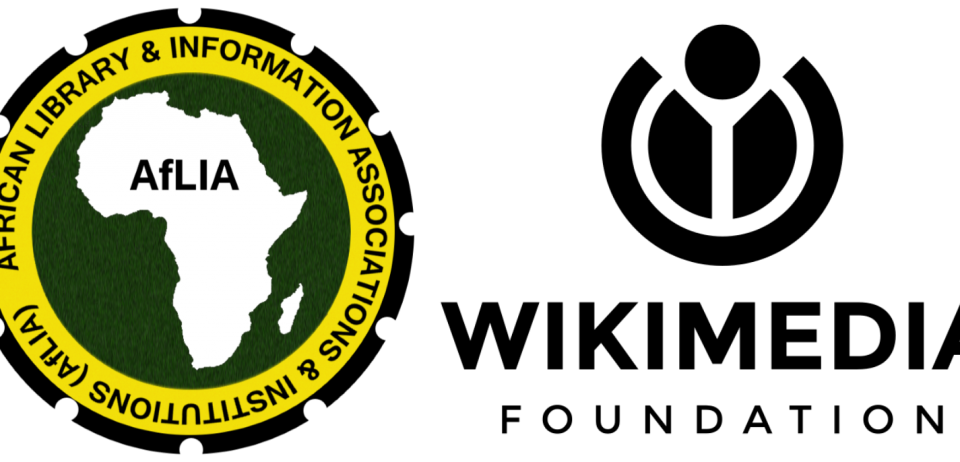December 19, 2023
In this blog post, we share interesting Insights on the successes and key learnings from the AfLIA Wikidata Online Course
Do you like it?
March 28, 2022
EASLIS receive support to undertake international students and staff exchange between the EASLIS and the Swedish School of Library and Information Science (SSLIS), Faculty of Librarianship, Information, Education and Information Technology.
Do you like it?
March 28, 2022
The Wind of Fortune: Musings of a Library Assistant turned Professor of Library and Information Studies. Story by Prof. Kenneth Ivo Ngozi Nwalo, CLN
Do you like it?
March 28, 2022
My Experience as an International Student at the East African School of Library and Information Science (EASLIS), Makerere University Story by Abubakar Mohammed
Do you like it?
March 28, 2022
When I look back and reflect on the times I spent at my Alma Mater, I get every reason to thank the Technical University of Kenya for making me the person that I am today.
Do you like it?
March 22, 2022
“What you see is what you get; the me I see, the me I will be”. Story by Lucy Wachera Kibe
Do you like it?
June 8, 2021
The data for advocacy report summarizes findings from the survey including what data is collected by library organizations; how the data is used; how data is shared; how data is involved in decision making; and the experience of data collection.
Do you like it?
January 15, 2021
AfLIA rejoices with Wikipedia, as it marks its 20th anniversary.
Do you like it?
November 2, 2020
The future is bright and clear for any librarian who wants to diversify into information marketing. Read to know why....
Do you like it?
September 15, 2020
The Advancing Library Visibility in Africa Project shares updates on learning from our research on African Libraries in Development Perceptions and Possibilities
Do you like it?
July 31, 2020
With grant support from the Wikimedia Foundation, AfLIA's Wikipedian in Residence and Curriculum Development Consultant will adapt the OCLC curriculum to the African context and train librarians from all library types in 30 African countries.
Do you like it?
May 23, 2020
From 24th to 30th May 2020, the first African Librarians Week, #AfLibWk kicks in! African library and information professionals will be adding accurate and reliable sources to articles on Wikipedia.
Do you like it?
April 22, 2020
AfLIA is supporting librarians with information about platforms that can aid the provision of online services as the impact of the COVID19 pandemic intensifies.
Do you like it?
March 31, 2020
AfLIA believes that as managers of information, African librarians cannot afford to stay on the side lines and act unconcerned while fakenews about COVID19 continues to spread. This is the time for librarians to play their part by disseminating correct, reliable, relevant information that will make Africans concerned without instigating panic and bursting myths and disinformation that can help the pandemic wax strong in the continent.
Do you like it?
February 26, 2020
I travelled with Cohort 2, AfLIA Leadership Academy(AfLAc) to Nashville. We visited the Nashville Public Library to engage with ideas & possibilities as a prelude to #PLA2020 and to understand the American public libraries system better. I am learning a lot but the visit to the Civil Rights Room has triggered off emotions, a new understanding of the place of librarians in shaping Africa and resolutions to rise above the ordinary, push beyond known and unknown boundaries and step into a new vista of librarianship.
Do you like it?
February 5, 2020
Miriam Mureithi, an AfLAc Cohort 1 participant, takes readers through her "Youth Empowerment Initiative", has transformed Thika library, knls from a mere reading place to an information and community centre with the support of her colleague librarians and organizations based in the community.
Do you like it?
January 27, 2020
AfLIA is an institutional membership based organization. Our membership cuts across all the regions in Africa and comprises of all library and information types. Here are 6 major reasons why your library or information association or institution must be part of us.
Do you like it?
December 17, 2019
Read how Bulawayo Public Library is making impact on students and workers through a laudable initiative by one our INELI SSAf Cohort 2 participants.
Do you like it?
November 13, 2019
A lot has been said about the role of libraries in this digital era. Some claim that the library will be replaced by the digital information providers, others claim that the role of librarians will be obsolete and taken over by the ICT professionals. I do not intend to discuss about the debate because enough has been said about it and still more is being discussed.
Do you like it?
September 28, 2019
The Day is being celebrated with series of activities across the globe and AfLIA, the trusted voice for the African Library and Information community is not left out. We caught up with some Council members to share their thoughts on International Day for Universal Access to Information, particularly the significance of this year's theme "Leaving No One Behind" and what role African Libraries and relevant stakeholders can play in ensuring access to information for all.
Do you like it?
September 2, 2019
False or inaccurate information, especially that which is deliberately intended to deceive' and to dis-empower. Misinformation becomes a weapon when it is surreptitiously used to sway or control public opinion, widely propagate false narratives for the purposes of gaining commercial, political or social advantages.
Do you like it?
July 19, 2019
Most Africans perceive public libraries as spaces with dusty tomes where people go to read and study especially just before examinations. For many, libraries are all about education and the elites but times are changing......!
Do you like it?
June 30, 2019
The African Library community marked this day by engaging children, who come from of all walks of life, through a number of innovative, educative and fun-based activities and programmes, while emphasizing the need for quality education and access to the basic necessities of life for every African child.
Do you like it?
June 6, 2019
2019 Day of the African Child Humanitarian Action in Africa: Children’s Rights First.
Do you like it?
June 3, 2019
Here are excerpts of the Copyright Limitations and Exceptions Chat on Twitter that we held as a prelude to the WIPO Africa Regional seminar? You can also see all on AfLIA's Twitter handle - @AfLIACon
Do you like it?
May 29, 2019
Here is AfLIA's stand on Copyright Limitations and Exceptions for Libraries and Associated Information Institutions
Do you like it?
April 23, 2019
Today, the World observes World Book and Copyright Day, a special day set aside by United Nations Educational, Scientific and Cultural Organization (UNESCO) to promote reading, publishing, and copyright. April 23, also marks the date on which several prominent authors, William Shakespeare, Miguel Cervantes and Inca Garcilaso de la Vega, all died.
Do you like it?
March 8, 2019
“Do not go it alone ever. It is when you work with others that you learn and grow both professionally and individually” – Prof. Rocky Ralebipi-Simela International Women’s Day (IWD) is celebrated around the world on March 8 each year. It is a time when the world reflects on past struggles and […]
Do you like it?
March 2, 2019
AfLIA wishes to introduce to all, – the African Library Vibes. This is an online space set up with the primary aim of providing an international forum where authors and readers within the LIS sector, especially in Africa, can converge, interact and share knowledge for the promotion and development of LIS in the continent and beyond.
Do you like it?
January 25, 2019
The AfLIA Leadership Academy (AfLAc) is a rigorous, emboldening and inspiring leadership training for public librarians in Africa who need to be equipped with requisite skills that would empower them to be leaders in their libraries and communities.
Do you like it?
March 27, 2023
Check out the details of our upcoming webinars for the African Librarians Week and book your spot now! This year, we are projecting "African Knowledge to the World."
Do you like it?
June 1, 2021
Registration is open for the 2nd Cohort of the Wikipedia in African Libraries short course. Registration ends on 10th June, 2021
Do you like it?
September 13, 2020
AfLIA has signed on Prof. Rosemary M. Shafack as the Curriculum Development Consultant (CDC) for the Wikipedia in African Libraries Project, sponsored by the Wikimedia Foundation.
Do you like it?
August 23, 2020
AfLIA has signed on Alice Kibombo as a Wikipedian in Residence to actualize the AfLIA/Wikipedia project of training at least 10 librarians each from 30 African countries.
Do you like it?
July 31, 2020
With grant support from the Wikimedia Foundation, AfLIA's Wikipedian in Residence and Curriculum Development Consultant will adapt the OCLC curriculum to the African context and train librarians from all library types in 30 African countries.
Do you like it?
July 6, 2020
AfLIA is pleased to announce that it has received a grant of $54,098 from Wikimedia Foundation.
Do you like it?

